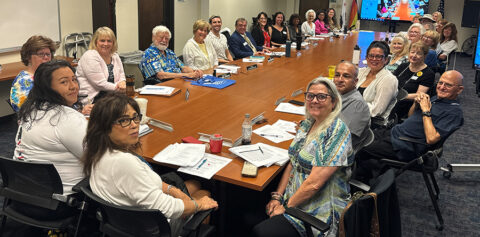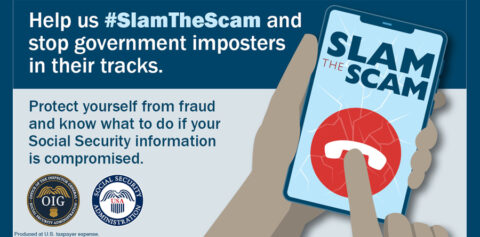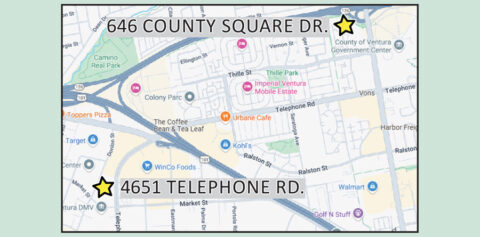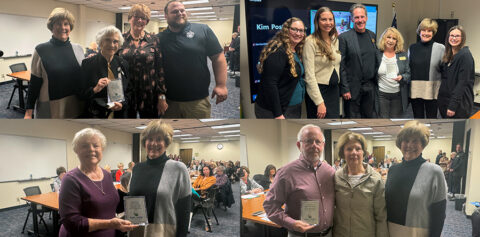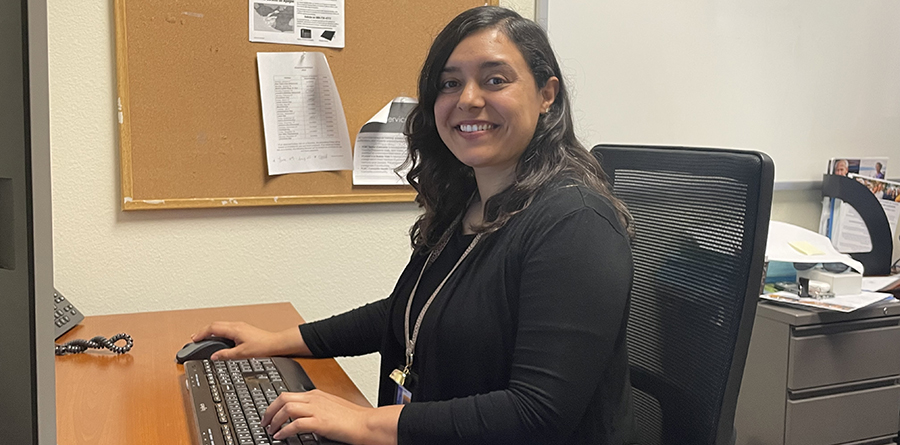The Ventura County Area Agency on Aging is here not only to assist older adults and people with disabilities, but the people who care for them. Cristian Rivas is a social worker with the Family Caregiver Support Program. She helps care for the county’s caregivers, and here is her story:
Q: Tell me about your background.
A: I was born and raised in Ventura County and I have lived here most of my life. I started at CSU Channel Islands but finished my bachelor’s degree in integrated social sciences at the University of Washington. I lived there for three years. I also worked for the Health Care Authority while I was there, specifically with Medicaid.
Q: What put you on that path?
A: I always knew that I would end up in a career where I would be helping people in one way or another. I thought I would become a nurse, or some sort of social worker, and here I am.
Q: Did you come back home after graduating?
A: Yes. I came back home in 2021 and applied for a job as soon as I got situated. I knew I wanted to get into social work, I knew about the VCAAA, and that was part of the career path I wanted to take. So I applied, and fortunately received a call soon after.
Q: What roles have you had the VCAAA?
A: I started working in the PEARLS program, but that was only for about two months before I was offered the position of social worker for the Family Caregiver Support Program. I took it immediately. I thought it was perfect for me.
Q: How would you describe your job?
A: I provide support for family caregivers in Ventura County. My program was designed to prevent caregiver burnout and my job is to provide them with resources or services that can help them at any stage of their caregiver journey. In doing so, VCAAA can help our aging and disabled population remain at home longer.
Q: How does it work? We split up Ventura County with Senior Concerns and the Camarillo Health Care District.
A: We provide services to all monolingual Spanish-speaking caregivers that live in Ventura County, regardless of what city they live in. we also provide services to English-speaking clients that live in Santa Paula, Ojai, Ventura, Oxnard, Fillmore, Piru, and the rest of West Ventura County. We provide respite, therapeutic counseling, safety home modifications, caregiver training, support groups, and more. More or less, the other Caregiver Resource Centers provide the same resources to their service areas.
Q: What does a typical day look like for you?
A: A typical day consists of phone calls to follow up with clients. The client will update me on any changes in their needs or their care recipient’s needs. The calls will usually result in a new care plan in which I provide caregivers with additional resources. There is time set aside for data entry, case comments, etc. A portion of my day will be used for calling new or potential clients to inform them of the resources available to them and their families. Vendors, partner agencies, other third parties will also be contacted to authorize services, or for warm-handoffs. Depending on the day, there might be a support group I need to attend, a home visit, or collaboration with other social workers.
Q: How do you measure success in this program?
A: I can confirm the program is effective when clients share that they can address needs they couldn’t before, leading them to no longer contemplating placing their loved ones in long-term care. This program is extending the time that care recipients can live in the comfort of their home. Some caregivers were considering placement for a loved one, because they didn’t know how they were going to manage it all. When clients first reach out to VCAAA, they are feeling anxious, stressed, and overwhelmed. Caregiving is a difficult journey. Many caregivers are not aware of the resources and services available to them prior to contacting us. When they become aware of the support available to them, one can hear the relief in their voice. When someone is available to them if they have questions, and that can connect them to other caregivers or experts that understand what they are going through, it means the world to them.
Q: I imagine one of the biggest needs that caregivers request is respite care if they need a break. How does that work?
A: It’s on a case-to-case basis. I consider the caregiver’s burnout risk when allocating hours of respite. I use TCARE to complete an evaluation, which then generates scores related to distinct stress factors. The scores are great indicators of a client’s burnout risk.
Q: Is assessment the first step when you have a new caregiver?
A: Yes. An assessment is completed using the TCARE program, which identifies distinct risk factors for caregiver burnout. Based on the client’s responses, TCARE generates scores that signal whether any issues require attention. TCARE provides an overview of the caregiver’s journey and indicates if support is needed in a specific area. This could involve counseling, access to support groups, etc. These insights assist in creating a care plan tailored to their specific needs.
Q: How many caregivers are you working with?
A: In the system, at any given time, there might be 60-70 clients that are active. However, there are many more who may be receiving services directly or indirectly from our program.
Q: Are there any success stories that stand out in your mind?
A: There are many, but one that comes to mind right now is of a daughter caring for her father who was diagnosed with dementia. When she first came to us, she was just looking for respite. She was not aware of all the other available services. She gradually began using our other programs such as HICAP and PEARLS. Through the Family Caregiver Support Program she was able to find other resources and programs for her father. Over time, she seemed more confident and empowered in her role as a caregiver. She was able to confidently navigate the challenges presented by dementia, and was able to handle her stress and anxiety better.
Q: You talked earlier about how you were meant to do this. What is your favorite part of the job?
A: The most rewarding aspect of my job is witnessing my clients feeling empowered, sensing relief in their voices, and experiencing their heartfelt gratitude. Knowing that our caregivers can keep their loved ones at home longer, and that they know they are supported, is amazing. These moments are what drive me.
Q: Who is someone that inspired you or helped you?
A: I feel that I’ve been very fortunate to have had exceptional managers and supervisors throughout my journey. The support and inspiration that I have found in them has shaped my current position while fueling my ongoing professional growth.
Q: What do you like to do away from work?
A: My hobbies include watching scary movies and pretty much anything artsy, but more specifically, I’m a portraiture artist. I’m always actively working on completing paintings and submitting pieces to upcoming art shows. My work has been featured in the Latino Heritage Month Cultural Guide and Calendar. I received an award at the Ventura County Employee Art Show. I have also been fortunate to have been able to showcase my creations alongside artists that I deeply admire.
To learn how you or your loved one can benefit from the Family Caregiver Support program, call (805) 477-7300 or visit https://vcaaa.venturacounty.gov/caregiver.

